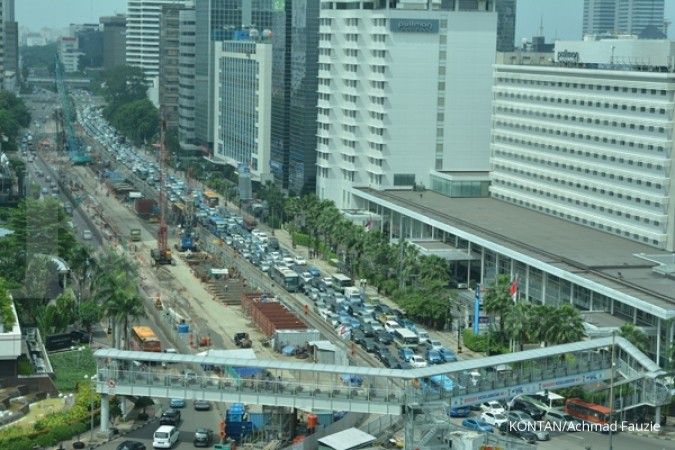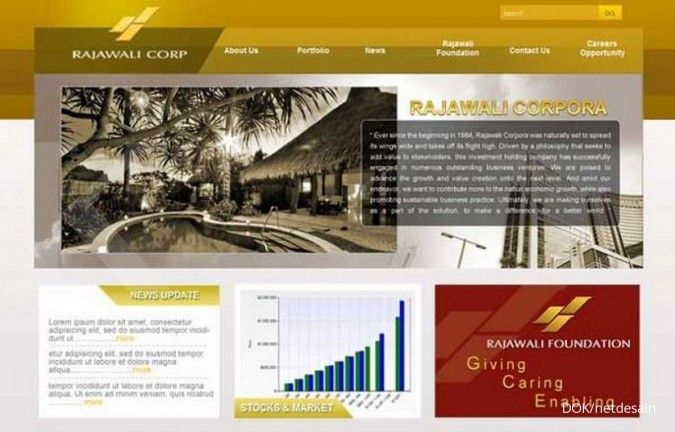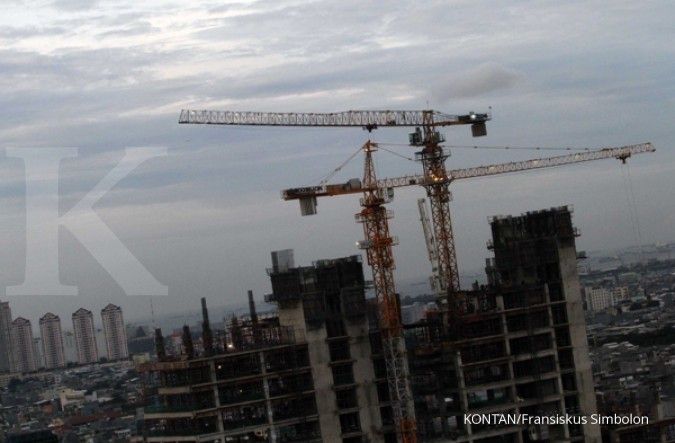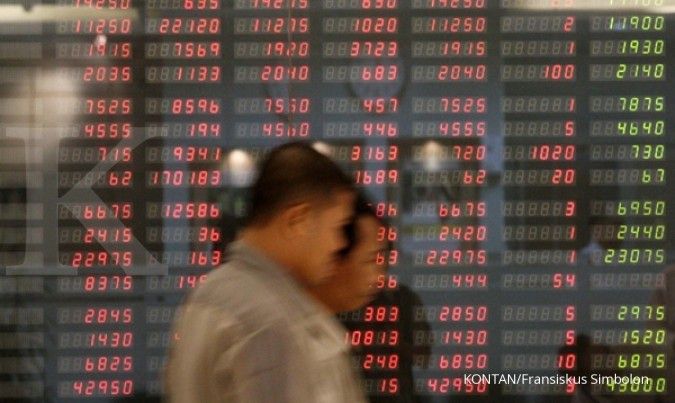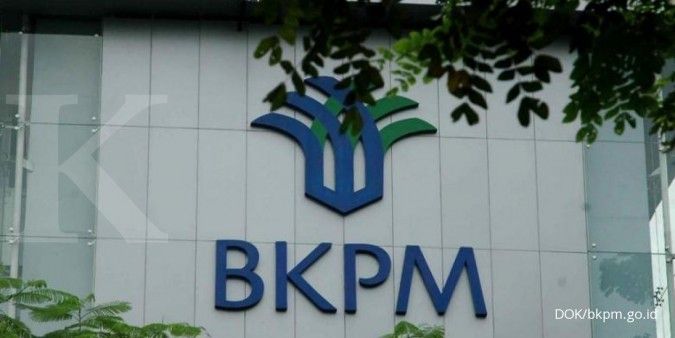JAKARTA. The Financial Services Authority (OJK) has told shareholders in the banking industry to brace for hard times ahead as the national economy is facing growing pressure on global uncertainty.
The regulator issued the warning as it was monitoring dwindling capital in several banks due to ongoing economic pressure, said Nelson Tampubolon, OJK commissioner for banking supervision.
“We have communicated with shareholders of banks to cautiously overcome this situation and asked them to be prepared for risks,” Nelson told reporters after a meeting with House of Representatives Commission XI on Monday.
Despite ongoing rupiah depreciation, Nelson said, the OJK believed that a number of macroeconomic indicators remained under control as banks had performed long-term and multi-phase “stress tests” to examine their endurance under the worst conditions.
Nelson said the financial regulator would remind banks to hold additional stress tests if there was a worrying decrease in capital adequacy ratios (CAR), which have been set at a general minimum threshold of 8 percent.
“Banks should consider increasing their capital if their stress tests indicate that ongoing rupiah depreciation in the near time will affect their CAR heavily,” Nelson said.
Although the minimum CAR threshold is at 8 percent, Nelson said, banks with higher risk profiles should consider maintaining their CAR above 9, 10 and 14 percent if their “level of financial health” stood at a level four or five, which meant they were at high risk.
OJK’s Indonesian banking statistics (SPI) show that average CAR in the country’s commercial banking industry stood at 20.79 percent as of April 2015, increased from 19.33 percent in the same month last year.
However, CAR in April decreased since February with an average decline of 23.5 basis points (bps), the statistics revealed.
Bank Internasional Indonesia (BII) finance director Thilagavathy Nadason said the lender planned to conduct a new stress test after the rupiah depreciated to below Rp 14,000 per US dollar on Monday.
The Rp 14,000 level was one of the bank’s worst scenarios of currency depreciation in the previous examinations six weeks to two months ago, Nadason said. The lender’s CAR is 15.6 percent.
“Our worst case scenario will probably reach Rp 16,000 per US dollar in the next test. However, we want to remind business communities not to panic, because the current situation is different from the 2008 financial crisis,” Nadason said.
Bank Central Asia (BCA) president director Jahja Setiaatmadja recently said as the country’s third-largest bank, the lender’s financial performance would be resilient enough to face rupiah depreciation as it had minimal exposure to dollar-denominated loans.
According to Jahja, BCA has learned a lot from its experience in the 1998 financial crisis, when the share of dollar-denominated loans in the total portfolio touched 35 percent, which significantly affected the bank’s financial performance. The bank then reduced the quantity of dollar loans to reduce the risk of a second crisis.
BCA took part in a stress test recently conducted by the OJK to gauge the impact rupiah depreciation on its financial performance. The test was based on a simulation of what would happen if the rupiah fell to Rp 14,000 per dollar. (Grace D. Amianti)
/2015/08/13/1788712336p.jpg)
